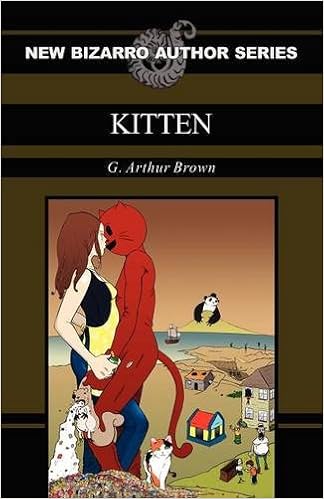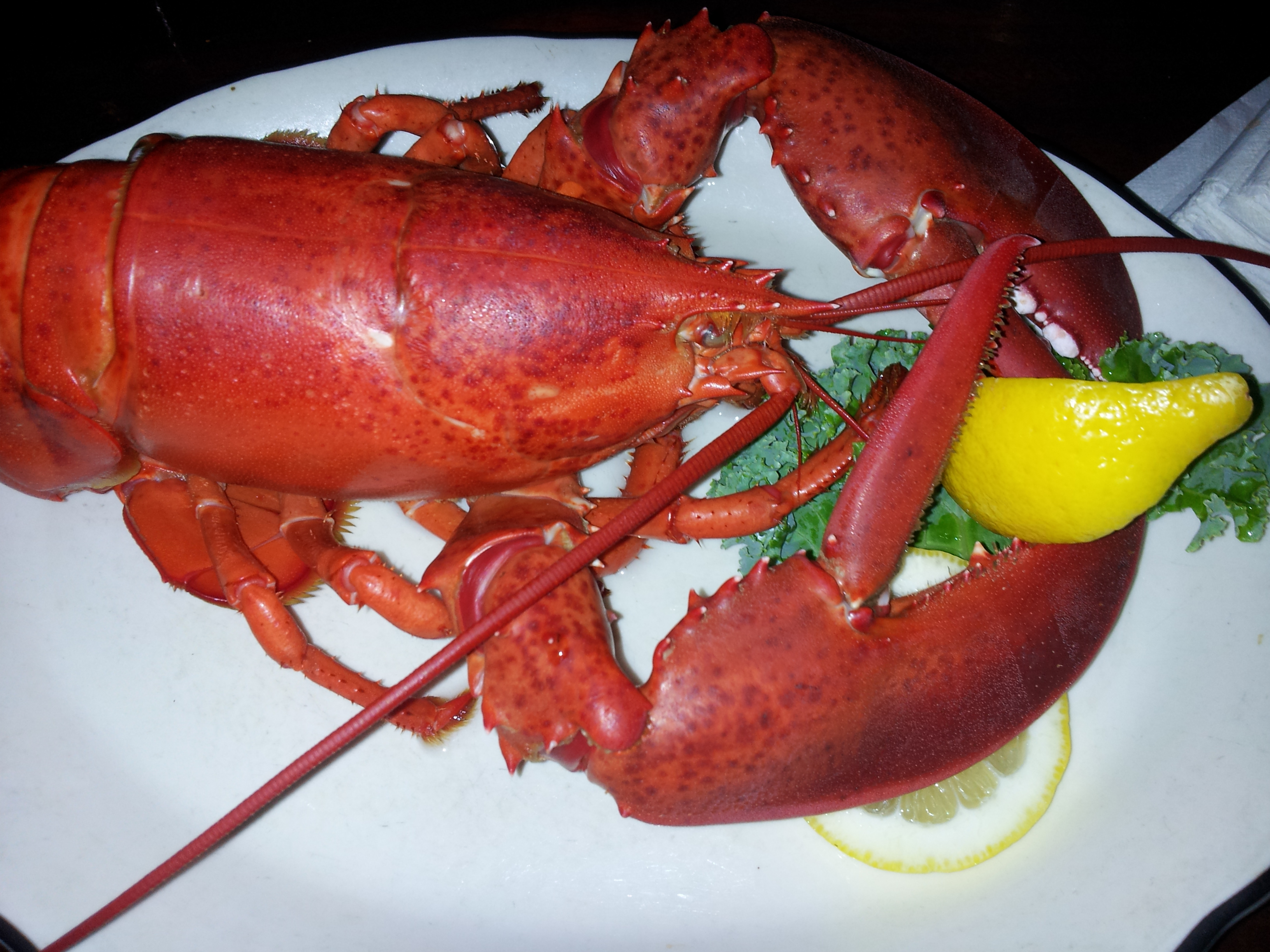P: Let's start with the most basic question: Who is G. Arthur Brown?
G: Good question. I've never met him. He cannot be biographied for reasons unknown to literary science.
P: How did you discover Bizarro Fiction?
G: I had been submitting a lot of my short fiction to sci-fi, fantasy, horror markets and they were all like, "No thanks." So I started checking into weird lit genres, like Slipstream and New Weird, and pretty quickly came across Bizarro fiction. I picked up the Bizarro Starter Kit Orange and the rest, as old people say, is history.
P: What are your favorite Bizarro books? And non-Bizarro books?
G: For Bizarro, Haunt by Laura Lee Bahr, Edie & the Low-Hung Hands by Brian Allen Carr, Tales from the Vinegar Wasteland by Ray Fracalossy, How to Avoid Sex by Matthew Revert, Shall We Gather at the Garden? by Kevin L. Donihe, Lost in Catbrain Land by Cameron Pierce, Zerostrata by Andersen Prunty, Stranger on the Loose by D. Harlan Wilson, Clown Tear Junkies by Douglas Hackle, Death Machines of Death by Vince Kramer, and Janitor of Planet Anilingus by Andrew Wayne Adams.
Outside of Bizarro, The Wavering Knife and Last Days by Brian Evenson, Magic for Beginners by Kelly Link, The Dead Father and Sixty Stories by Donald Barthelme, Et Tu, Babe? by Mark Leyner, The Invention of Morel by Adolfo Bioy Casares, Perfume by Patrick Suskind, The Wasp Factory by Iain Banks, Through the Looking Glass by Lewis Carroll, The Somnambulist by Jonathan Barnes, City of Saints and Madmen by Jeff VanderMeer, and American Gods by Neil Gaiman. Gaiman really got me back into writing seriously.
P: How did you get involved with the New Bizarro Author Series?
G: There were not many Bizarro markets open to unsolicited manuscripts at the time. I ran across the NBAS page when checking out Eraserhead Press and I contacted Kevin L. Donihe, who was the only listed editor at the time. I'd read a few of his books already and I thought, "Heck, my writing might just be up his alley." Luckily, he liked Kitten. And the rest, as old people say, is history.
P: How was the process of writing Kitten?
G: Kitten evolved from a short story, to a longer short story, to a novelette, and then finally a novella. The original short story had a sort of cop-out meta ending. My pal, cover artist, and beta-reader encouraged me to actually "give it an ending." That all became Part I. The entire second half of the book was written more than a year later, after contemplating the fact that the titular Kitten's story didn't really get to be told yet.
P: Kitten was a major influence to my NBAS book, along with Brian Auspice's Deep Blue. Do you get that a lot? Do you feel like you've influenced people in the genre?
G: Thanks, and no, I wouldn't say I get that a lot. It's very pleasing to hear a lot of people who influenced me or that I admire liked my debut book, though. And it's very cool to know that I'm having an impact on people like you.
P: How was the promotion process? What were your strategies to sell your book?
G: Really it was just word of mouth. I made friends with cool people who helped me get the word out. Making friends with book store employees and librarians helped. I tried to do a contest but that didn't work, because it actually required people to do stuff, and as we all know, there's nothing people like less than having to do stuff to win prizes. I'm pretty sure the title sold it because everyone on the internet likes cats so much.
P: Did you work with your fellow NBAS that year? Was there lots of communication between you guys, or was it mostly a lone wolf kind of thing?
G: There was a brief online "feud" between Andrew Wayne Adams and myself. It fizzled out quickly because Andy is just not a very angry guy. Or maybe he holds his rage in, like a cauldron of hatred. Hard to tell. We all also reviewed each others books. We attempted to write some scripts for a cartoon series that featured us all as characters. The NBAS class of 2012 was known as the Bionic Six (guess how many of us there were?), which was taken from an old 80s cartoon., so we were doing a spoof of that show. The concept was to post these scripts on Bizarro Central to get some attention for the NBAS. It proved really hard to coordinate working together on the scripts, though, with Tamara Romero in Spain and S.T. Cartledge in Australia, so we only managed to finish one episode, which J.W. Wargo gave away as a prize at the Bizarro Con breakfast raffle in 2013.
P: This year's class is the Suicide Squad! Nice to see that the whole group nickname is something that has been done before.
G: Yes, each year has a nickname. The Fantastic Four, The Crazy Eight, The Seven Samurai, etc. Not sure what the three from last year went by. The Three Stooges? Heh.
P: What's your advice for this year's New Bizarro Authors?
G: Make friends. Create a strong brand. The audience is reading you, the author, not just your book. They will become your fan only if they trust your overall brand.
P: Seeing so many author drama on social media, with people arguing and feuding over petty stuff, this is truly great advice.
G: Yeah, don't too hung up on your ego. But also don't lose yourself.
P: If a crab has sex with a wireless telephone, is the resulting crabophone baby functional in the terms of long distance communication? And is it inappropriate to use it as such?
G: This reminds me of the time that Eugene Ionesco came to my apartment and cooked me lobster. We did not communicate for long, because it was a "foodie call," and certainly there was long distances involved. My couch is only about 15 feet from the stove. Save these sorts of science puzzles for someone like Brian Auspice.



I love lobster. I love "Kitten." I love the NBAS, and I love the writing of G. Arthur Brown.
ReplyDelete:)))
Delete